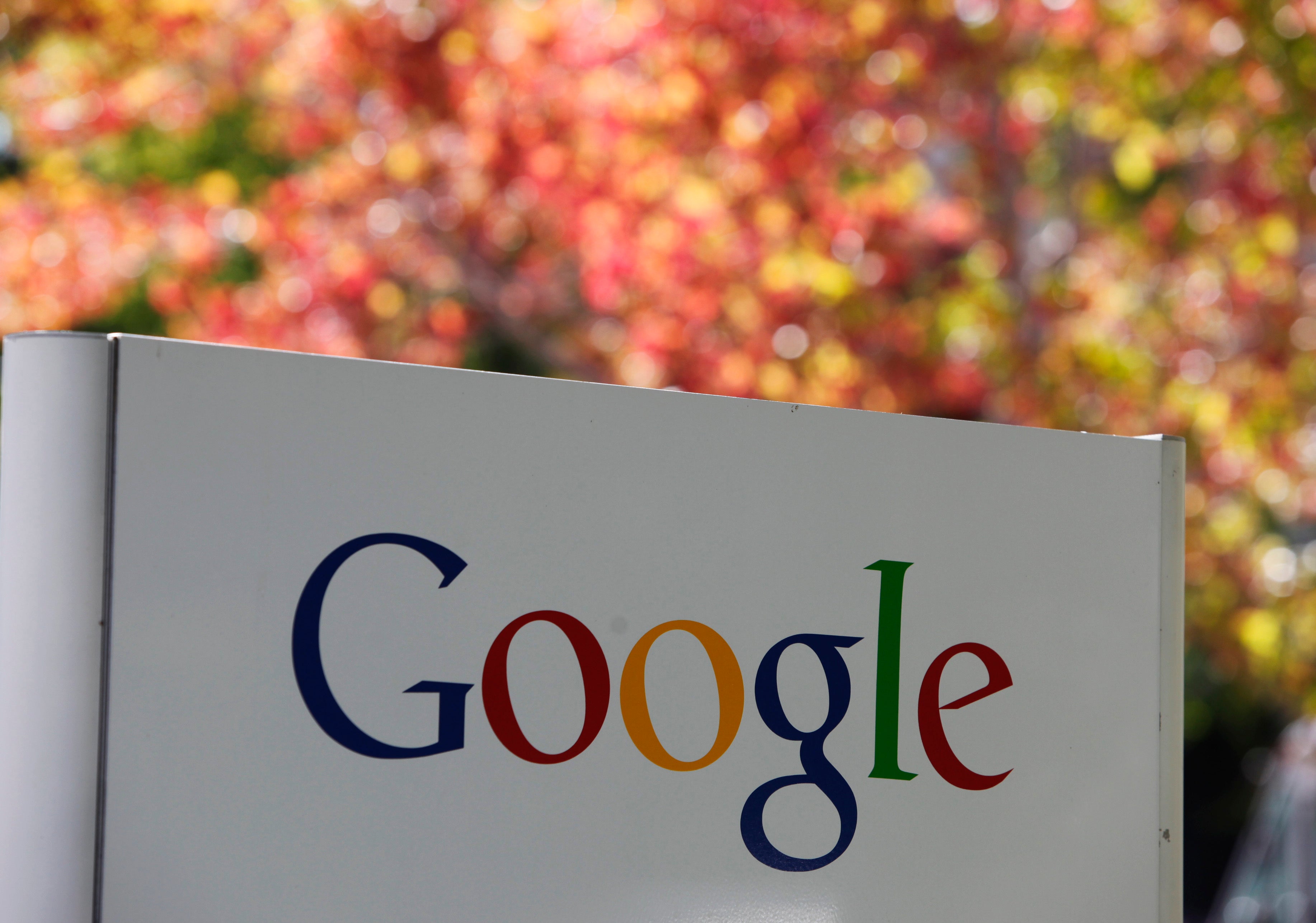Google loses final EU court appeal against 2.4 billion euro fine in antitrust shopping case
Google lost its final legal challenge against a European Union penalty for giving its own shopping recommendations an illegal advantage over rivals in search results, ending a long-running antitrust case that came with a whopping fine

Your support helps us to tell the story
From reproductive rights to climate change to Big Tech, The Independent is on the ground when the story is developing. Whether it's investigating the financials of Elon Musk's pro-Trump PAC or producing our latest documentary, 'The A Word', which shines a light on the American women fighting for reproductive rights, we know how important it is to parse out the facts from the messaging.
At such a critical moment in US history, we need reporters on the ground. Your donation allows us to keep sending journalists to speak to both sides of the story.
The Independent is trusted by Americans across the entire political spectrum. And unlike many other quality news outlets, we choose not to lock Americans out of our reporting and analysis with paywalls. We believe quality journalism should be available to everyone, paid for by those who can afford it.
Your support makes all the difference.Google lost its final legal challenge on Tuesday against a European Union penalty for giving its own shopping recommendations an illegal advantage over rivals in search results, ending a long-running antitrust case that came with a whopping fine.
The European Union’s Court of Justice upheld a lower court’s decision, dismissing the company’s appeal against the 2.4 billion euro ($2.7 billion) penalty from the European Commission, the 27-nation bloc’s top antitrust enforcer.
The commission's original decision in 2017 accused the Silicon Valley giant of unfairly directing visitors to its own Google Shopping service to the detriment of competitors. It was one of three multibillion-euro fines that the commission imposed on Google in the previous decade as Brussels started ramping up its crackdown on the tech industry.
Google made changes to comply with the commission’s decision requiring it to treat competitors equally. The company started holding auctions for shopping search listings that it would bid for alongside other comparison shopping services.
At the same time, the company appealed the decision to the courts. But the EU General Court, the tribunal's lower section, rejected its challenge in 2021 and the Court of Justice’s adviser later recommended rejecting the appeal.
Google is also appealing the other two EU antitrust penalties involving its Android mobile operating system and AdSense advertising platform. The company was dealt a setback in the Android case when the EU General Court upheld the commission's 4.125 billion euro fine in a 2022 decision. Its initial appeal against a 1.49 billion euro fine in the AdSense case has yet to be decided.
Those three cases foreshadowed expanded efforts by regulators worldwide to crack down on the tech industry. The EU has since opened more investigations into Big Tech companies and drafted new laws to clean up social media platforms and regulate artificial intelligence.
Google is facing particular pressure over its digital advertising business. In a federal antitrust trial set to begin Monday, the U.S. Department of Justice alleges the company holds a monopoly in the “ad tech” industry.
British competition regulators accused Google last week of abusing its dominance in “ad tech” while the EU is carrying out its own investigation.